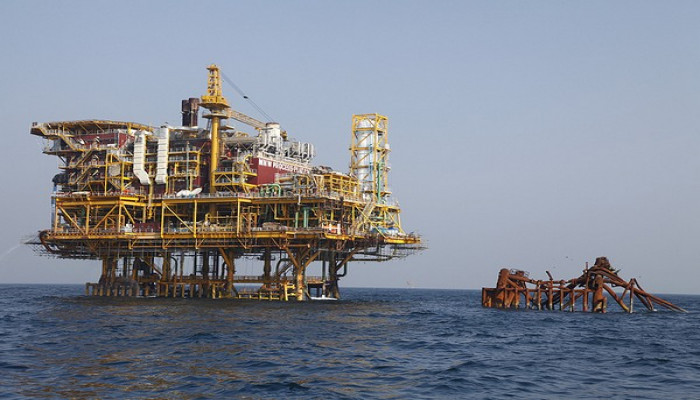Arab nations pledge to voluntary oil production adjustments amidst global energy transition
- In Reports
- 03:09 PM, Oct 09, 2023
- Myind Staff
With the concerted effort to maintain equilibrium in global oil markets, a coalition of six Arab nations, comprising Bahrain, Iraq, Kuwait, Oman, Saudi Arabia, and the United Arab Emirates, has resolutely reiterated its commitment to implement "collective and individual voluntary adjustments" to oil production. This collaborative endeavour is in line with their overarching objective of fostering stability within the dynamic realm of international oil markets, reported by Reuters.
The reaffirmation of this commitment underscores the unwavering support of these oil-producing nations for market stability and their continued cooperative engagement within the framework of OPEC+. This consortium, which brings together the member nations of the Organization of the Petroleum Exporting Countries (OPEC) and non-OPEC allies, including Russia, has been instrumental in shaping global oil policies.
The deliberations took place during a meeting of oil ministers from the six nations, held on the sidelines of the U.N. MENA climate week event hosted in Riyadh. These high-level discussions reaffirmed their preparedness to undertake further measures as necessary, building upon the cohesion and collective spirit fostered within the OPEC+ group.
This commitment to voluntary oil production adjustments is closely aligned with the ongoing efforts of the Declaration of Cooperation (DoC) countries to fortify market stability. A noteworthy development in this regard occurred earlier this year when OPEC+ extended voluntary oil cuts initiated in April, prolonging them until the conclusion of 2024. Notably, Saudi Arabia and Russia, two prominent members of this coalition, committed to sustaining additional voluntary cuts until the conclusion of 2023, subject to monthly evaluations.
The recent meeting of OPEC+ witnessed no modifications to the group's existing oil output policy. Saudi Arabia and Russia, in particular, reiterated their intent to maintain voluntary supply cuts, reemphasizing their dedication to bolstering the market's resilience in the face of evolving global energy dynamics.
Meanwhile, the U.N. MENA Climate Week event provided a platform to emphasize the pivotal role of the oil and gas industry in orchestrating a seamless transition toward cleaner and more sustainable energy sources. UAE Energy Minister Suhail al-Mazrouei underscored the responsibility of major hydrocarbon producers in ensuring a responsible and reasonably priced energy transition. Saudi Energy Minister Prince Abdulaziz bin Salman echoed these sentiments, emphasizing the ongoing and multifaceted global demand for hydrocarbons.
Adding to the significance of these developments, the United Arab Emirates is poised to host the COP28 climate summit in Dubai, scheduled to convene from November 30 to December 12. This event promises to be a crucial forum for addressing pressing environmental concerns and fostering international cooperation toward a greener future.
Image source: Indian Express







Comments